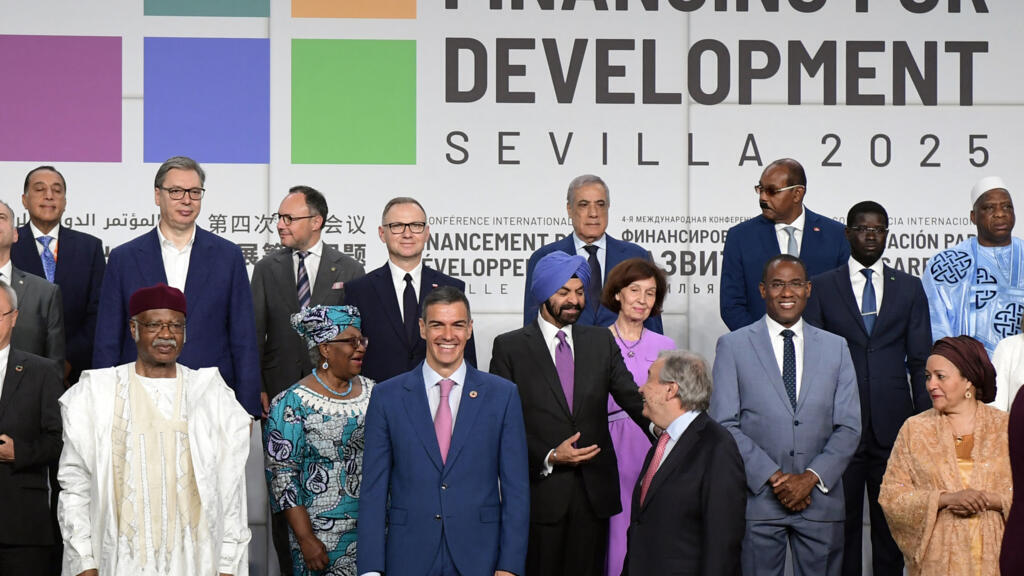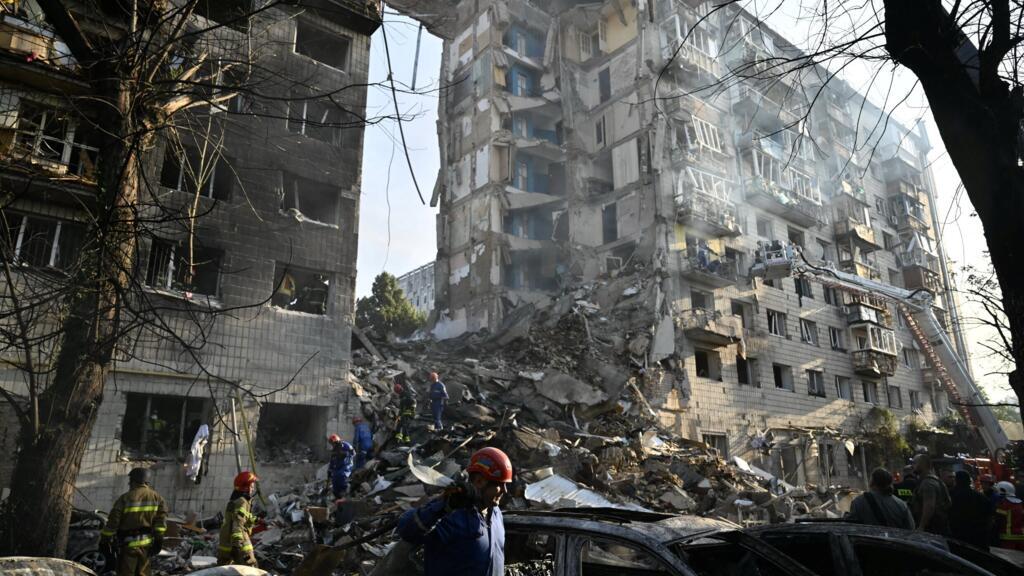Nations convened in Seville for a UN-led conference aimed at addressing pressing issues related to international development. However, the event was notably marked by the absence of the United States, which declined to participate following significant reductions in its foreign aid budget. The refusal of the US to engage in international development initiatives has created a ripple effect, encouraging other countries like France, the UK, and Germany to also reassess and cut their foreign aid allocations. These adjustments in funding priorities have raised alarms about the future of international development programs, particularly for nations that heavily rely on foreign assistance.
UN Secretary-General Antonio Guterres emphasized the critical importance of financing to catalyze development. "Financing is the engine of development, and right now, that engine is choking," he stated, highlighting the dire consequences of dwindling financial support for sustainable development efforts. The current trend demonstrates a troubling shift in priorities among key global players, as defense spending increasingly takes precedence over humanitarian assistance.
As these nations pivot their focus towards bolstering military capabilities, the implications for vulnerable populations around the world are profound. Many developing nations, which depend on international aid for essential services such as healthcare, education, and infrastructure development, are now at risk of severe cutbacks. These changes threaten to reverse decades of progress made in alleviating poverty and improving living standards in these regions.
The conference in Seville aimed to address these issues and rekindle commitment to international cooperation and aid. Attendees discussed strategies to enhance funding mechanisms and promote sustainable development goals despite the financial constraints being observed globally. The discussions underscored a collective recognition among participating nations about the need to find alternative funding sources and innovate solutions that could bolster international development efforts in this challenging environment.
Furthermore, the conference shed light on the prevailing sentiment among nations regarding the necessity for a rebuilt consensus on the role of international aid. While traditional donors have once been pillars of support for development initiatives, their current focus on defense spending poses a significant challenge for the global partnership required to tackle issues like climate change, health crises, and economic instability.
In addition to the absences, there were calls for greater accountability and transparency in how foreign aid is distributed and utilized. Many advocates from civil society organizations participated in various discussions, emphasizing that cuts to foreign aid budgets should not come at the expense of vulnerable populations. They urged world leaders to reconsider the implications of prioritizing military expenditure over humanitarian assistance.
The evolving landscape of international funding calls for strategic adaptations and a renewed commitment among global leaders to ensure that development remains a priority. As countries navigate their national agendas, the challenge remains to balance defense needs with the urgent demands for social progress and sustainable development worldwide.
Ultimately, the outcomes of the Seville conference may have far-reaching implications for international development efforts, shaping the future of global cooperation and support systems for years to come.












